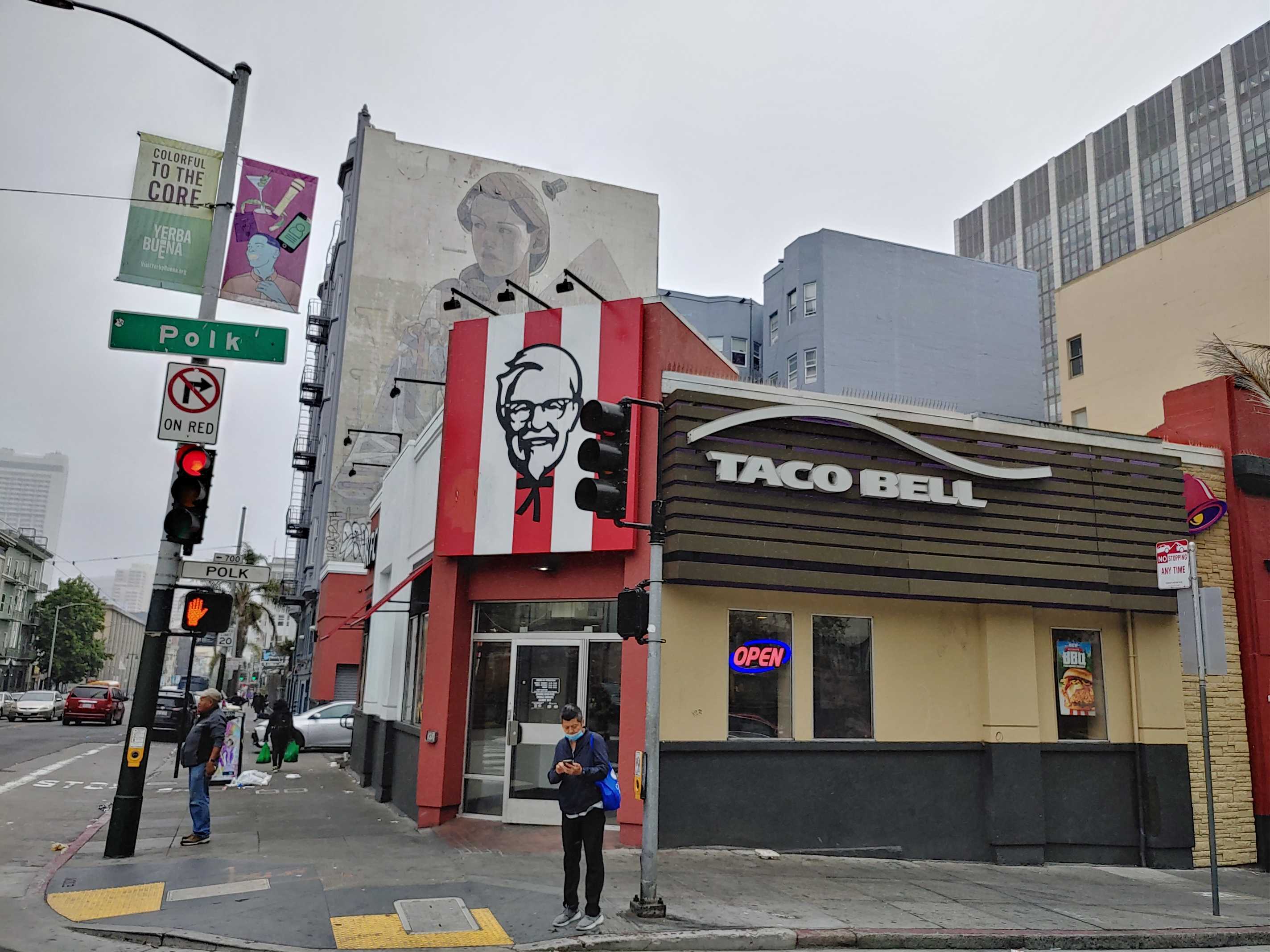California fast-food workers will be paid at least $20 per hour next year under a new law signed Thursday by Democratic Gov. Gavin Newsom.
When it takes effect on April 1, fast-food workers in California will have among the highest minimum wages in the country, according to data compiled by the University of California Berkeley Center for Labor Research and Education. The state’s minimum wage for all other workers—$15.50 per hour—is already among the highest in the United States.
Newsom’s signature on Thursday reflects the power and influence of labor unions in the nation’s most populous state, which have worked to organize fast-food workers in an attempt to improve their wages and working conditions.
It also settles—for now, at least—a fight between labor and business groups over how to regulate the industry. In exchange for higher pay, labor unions have dropped their attempt to make fast-food corporations liable for the misdeeds of their independent franchise operators in California, an action that could have upended the business model on which the industry is based. The industry, meanwhile, has agreed to pull a referendum related to worker wages off the 2024 ballot.
California’s fast-food workers earn an average of $16.60 per hour, or just over $34,000 per year, according to the U.S. Bureau of Labor Statistics. That’s below the California Poverty Measure for a family of four, a statistic calculated by the Public Policy Institute of California and the Stanford Center on Poverty and Equality that accounts for housing costs and publicly funded benefits.
In California, most fast-food workers are over 18 and the main providers for their family, according to Enrique Lopezlira, director of the University of California Berkeley Labor Center’s Low Wage Work Program.
The $20 minimum wage is just a starting point. The law creates a fast-food council that has the power to increase that wage each year through 2029 by 3.5% or the change in averages for the U.S. Consumer Price Index for urban wage earners and clerical workers, whichever is lower.
The raise takes effect on April 1 and applies to workers at restaurants that have at least 60 locations nationwide—with an exception for restaurants that make and sell their own bread, like Panera Bread.
